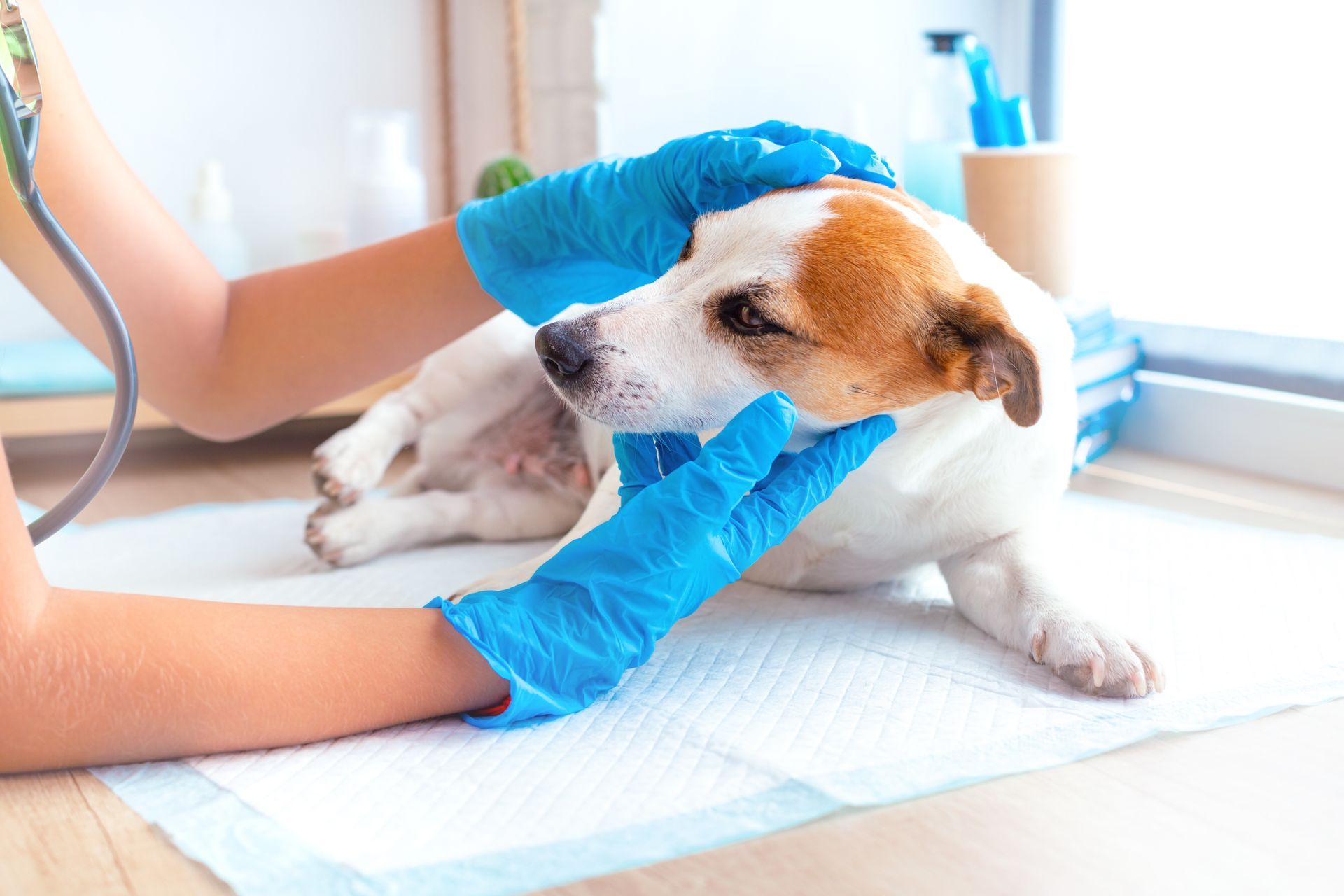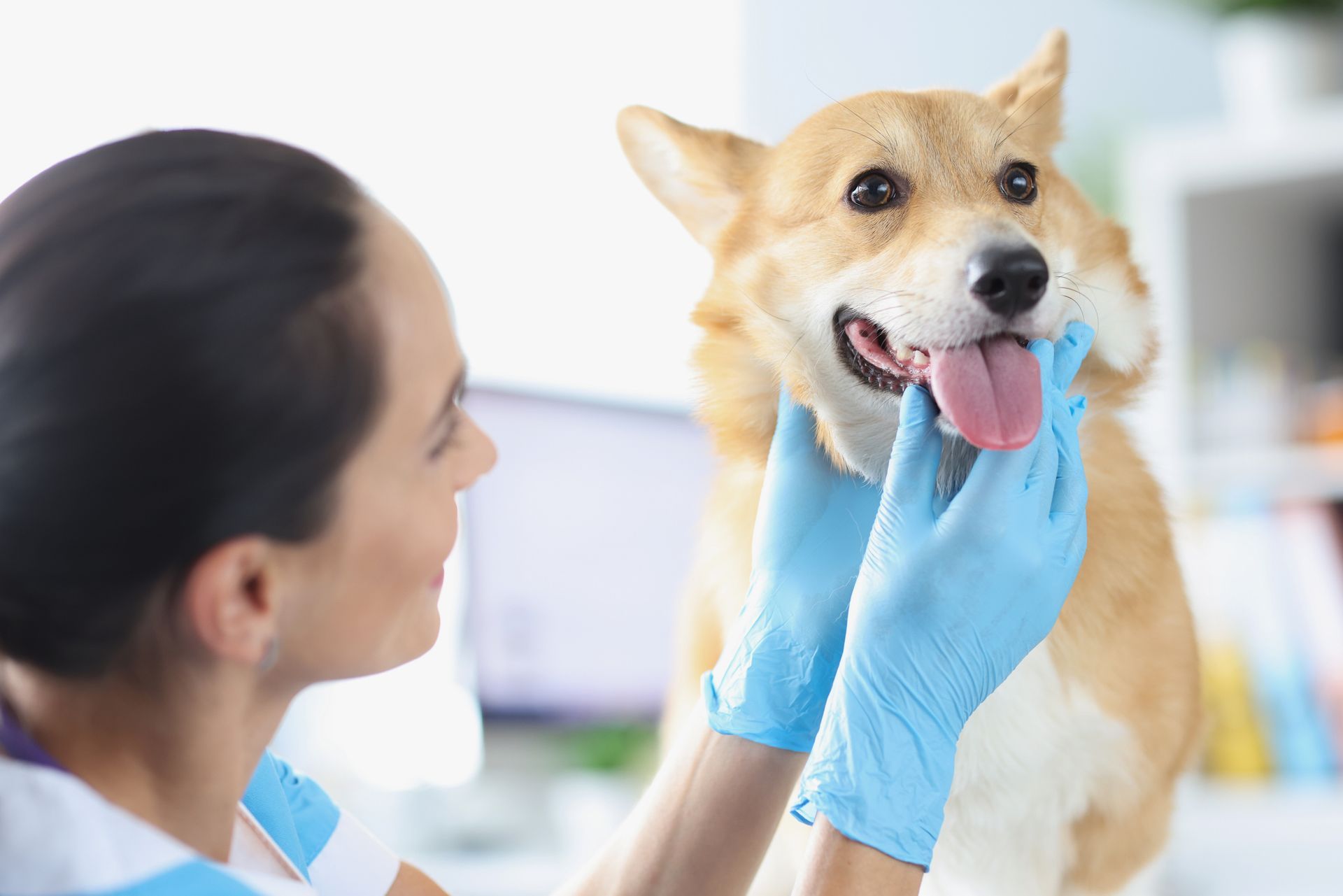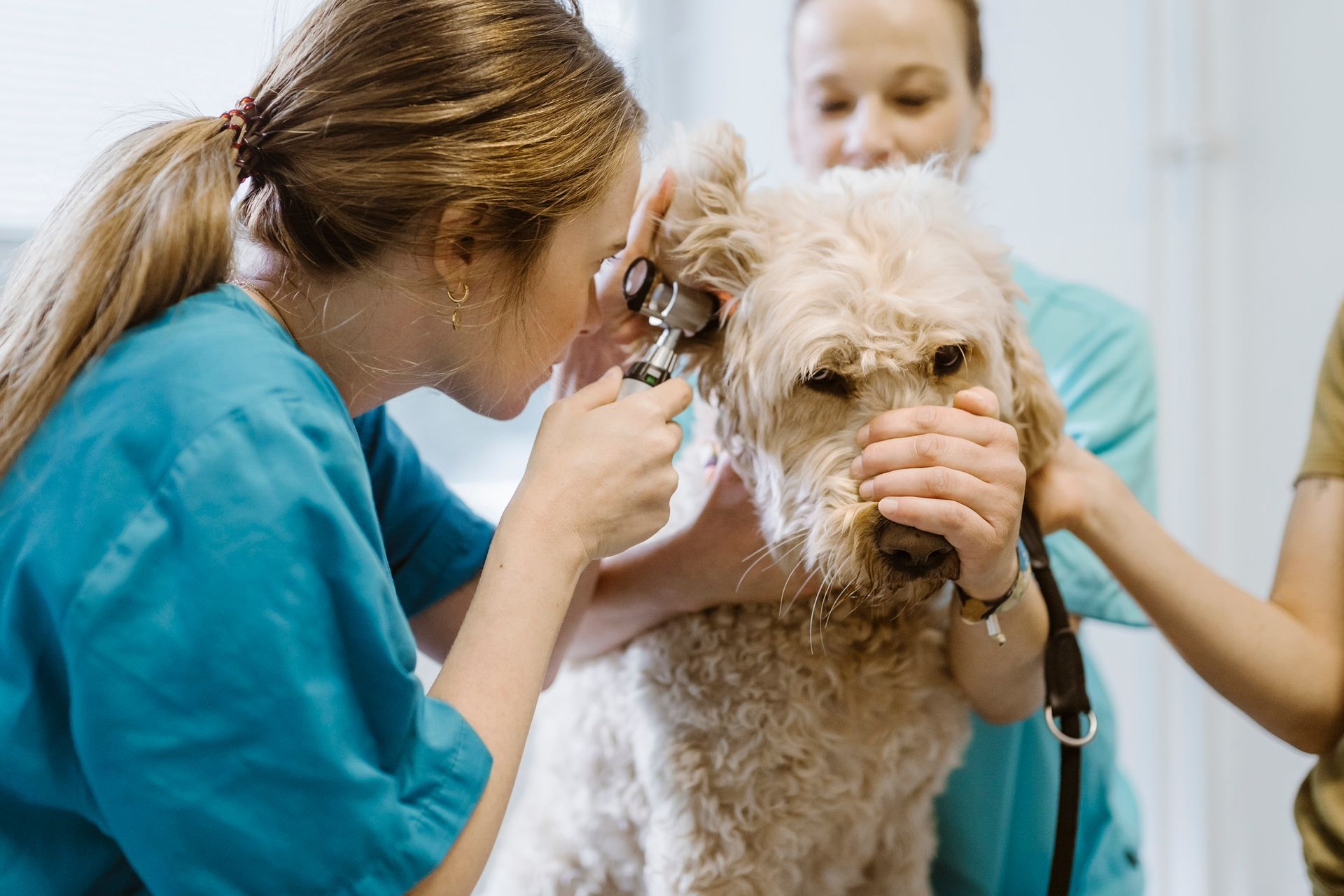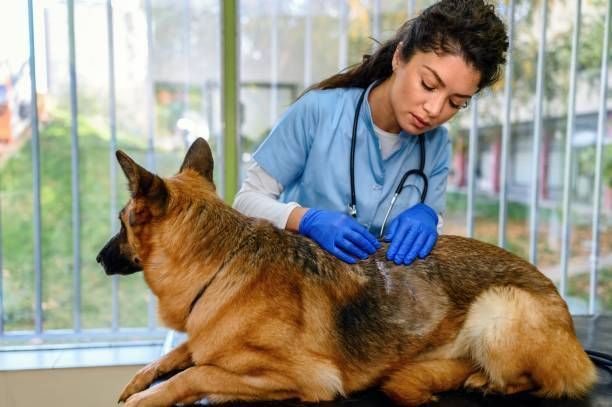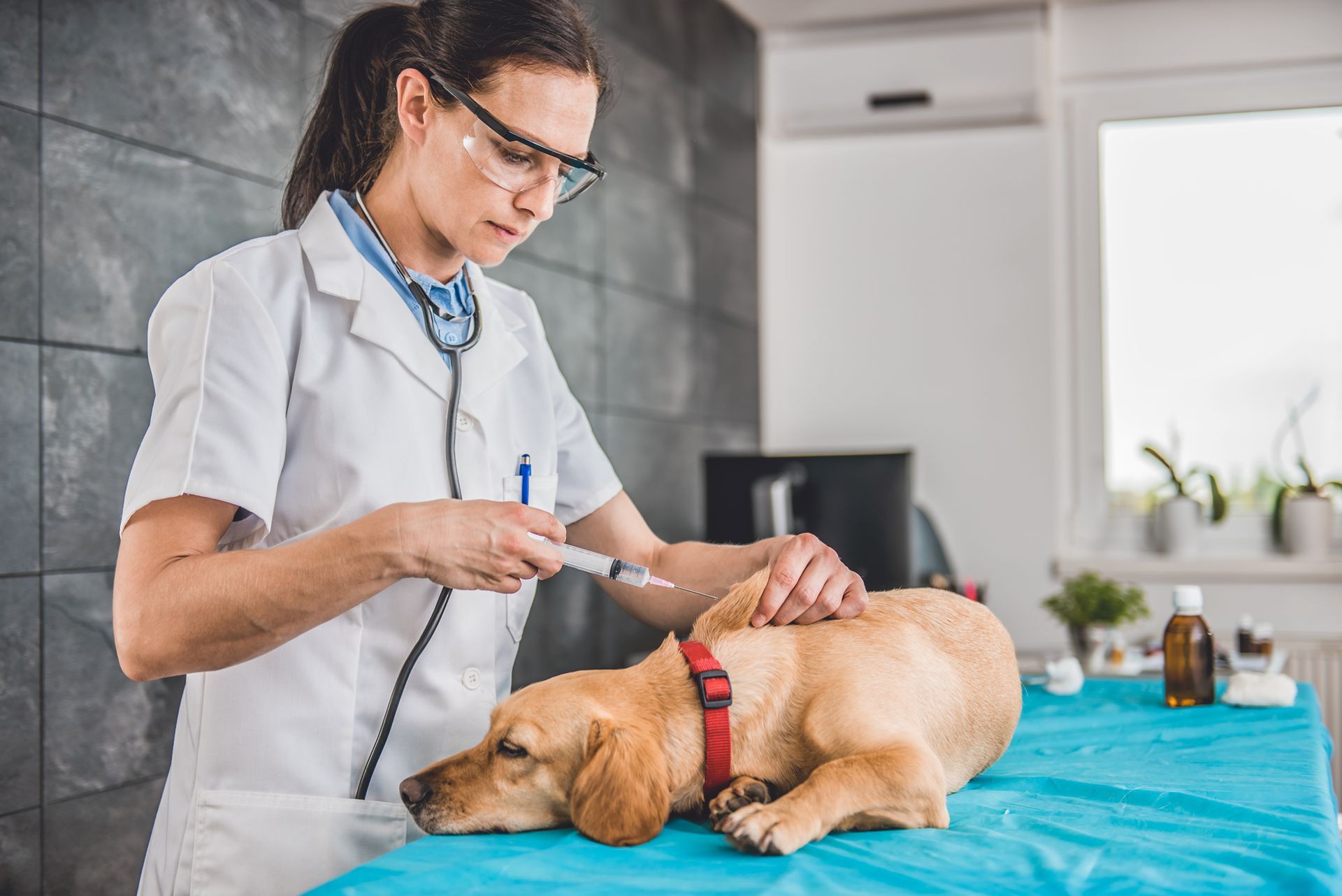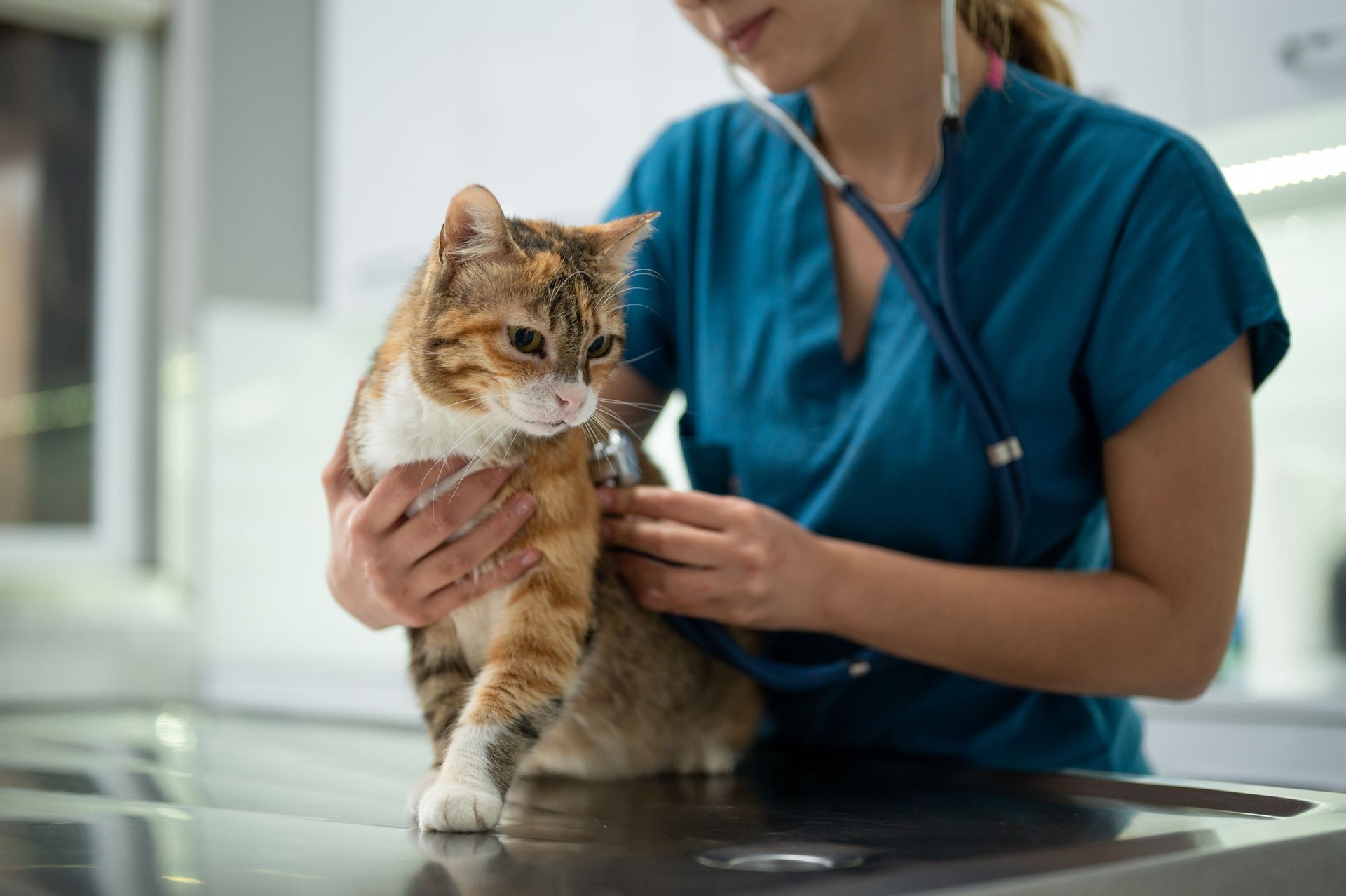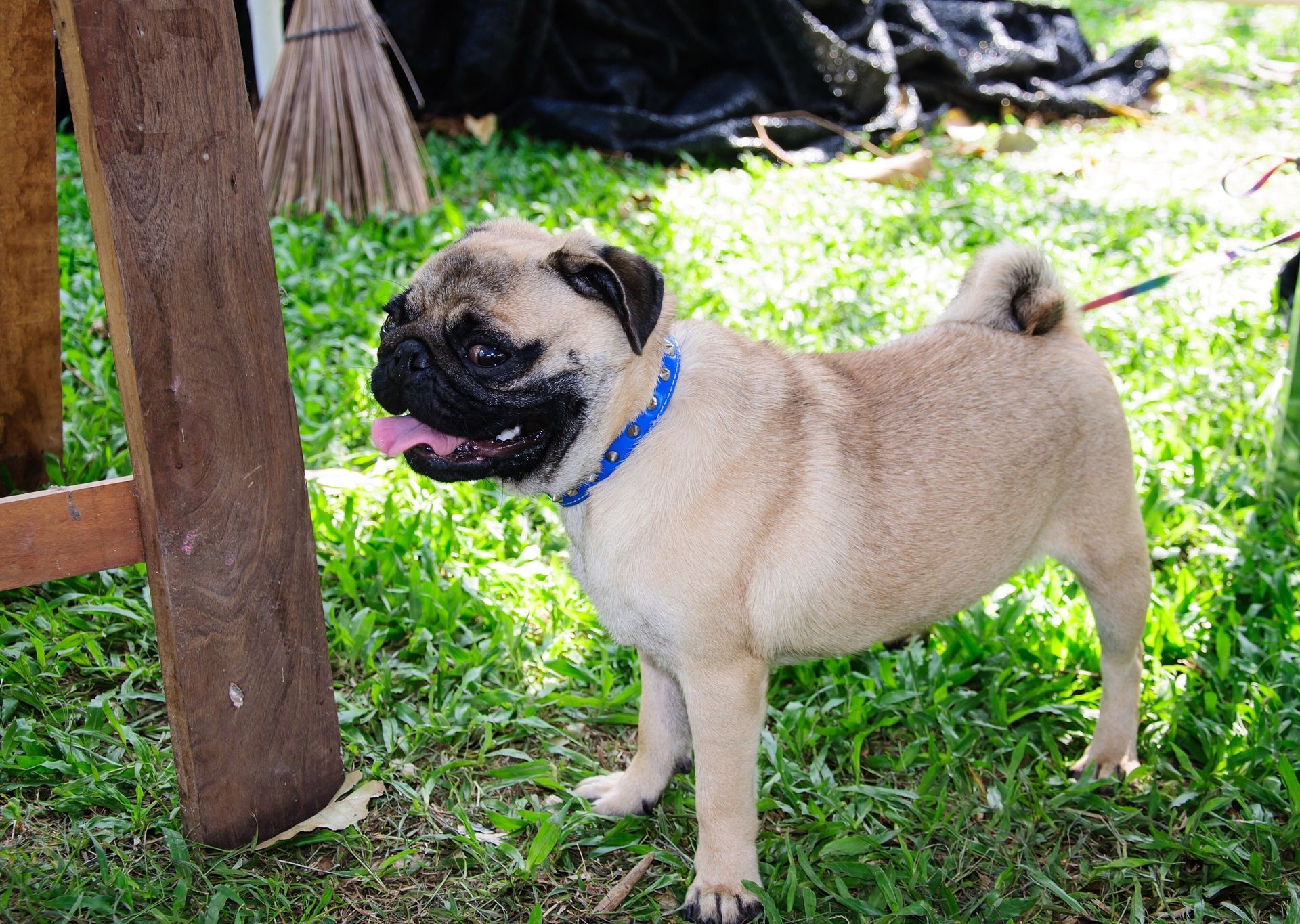What You Should Know About Brachycephalic Issues in Dogs
As every dog breed comes with its own unique traits and temperaments, every breed also has its own unique health concerns. If you are getting a brachycephalic, or flat-faced, breed — like a bulldog, boxer, pug, or Boston terrier, you should be aware of the respiratory issues they are prone to and how to treat them.
What Is Brachycephalic Obstructive Airway Syndrome (BOAS)?
Flat-faced dogs are prone to brachycephalic obstructive airway syndrome (BOAS), which is a group of respiratory conditions resulting from the dog's anatomical structure.
Because flat-faced breeds have short noses and compact skeletal structures, their nasal cavities tend to be smaller, making it harder for them to breathe through their nose. These breeds also tend to have soft palates which can collapse and cause narrow airways, breathing through their mouths, and snoring while sleeping. Also, these breeds tend to have excessive amounts of skin for their compact bodies, which again, can contribute to soft palate collapse.
Some dogs suffer mild effects from BOAS while others may develop conditions that greatly affect their quality of life. For instance, dogs with mild BOAS may occasionally snore or pant harder after walks. Dogs with severe BOAS may have tracheal collapse, digestive issues, poor sleep quality — similar to sleep apnea — and other severe respiratory distress.
What Specific Respiratory Conditions Should You Watch Out For?
The good news is that a veterinarian can evaluate your pup for respiratory issues so that you can nip problems in the bud. Your vet can perform a rhinoscopy to check out the nasal cavity and use general anesthesia to assess your dog's pharynx, larynx, and soft palate.
If your dog does have problems, your vet may recommend surgery to remove excess tissue that could block airways. If your dog has a narrow trachea, the vet can insert tracheal rings or stents to address the problem.
In the meantime, you should be aware of some of the following respiratory conditions and symptoms your dog might experience from BOAS so you'll know if your dog needs a visit to the vet.
Rhinitis
This is a common condition where the nose's mucous membranes become inflamed. Pathogens can cause this issue since dogs with flat faces cannot adequately filter viruses. If your dog has rhinitis, they might breathe through their mouth, develop discharge in the nostrils, or paw at their face a lot.
Trachael Stenosis
This condition causes a narrow wind-pipe, which may cause your dog to be fatigued and have difficulty breathing. If your dog has this issue, they might develop a stridor, which is a high-pitched wheeze.
Stenotic Nares
This condition causes narrowed or collapsed nostrils. Like rhinitis, this condition can cause your dog to breathe through their mouth. The good news is that some puppies do grow out of this issue.
What Can You Do to Reduce Respiratory Issues in Your Dog?
You should feed your puppy the right food for their weight, as overweight and obese dogs have more difficulties breathing. Start taking note of your puppy’s snoring and regular breathing patterns so that you can identify possible BOAS conditions and take your dog to the vet if necessary.
While regular exercise is good for your dog, be sure you aren't walking your dog in very hot or humid weather. Flat-faced dogs can struggle in high temperatures and get heat stroke because they aren't able to take in enough oxygen to cool their bodies. On your walks, it's important to use a harness for your dog instead of a leash so that when they tugs, the airway isn't constricted.
Reach out to us at Baywood Animal Hospital to learn more about you can help your dog and how we can treat BOAS.


